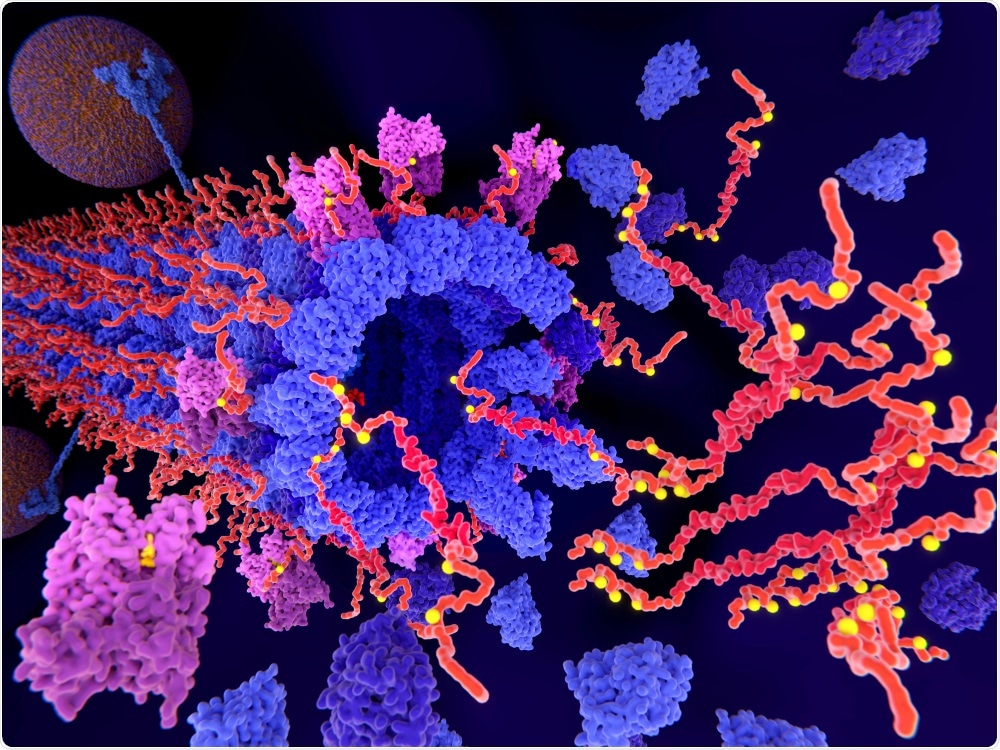
Newly discovered protein shown to cause amyloid-beta plaques in Alzheimer's
Researchers have known for many years that amyloid-beta protein slowly builds up in the brain, and form plaques that lead to neuronal cell death and eventually, Alzheimer’s disease (AD).
Now, scientists have discovered that a potassium channel called KCNB1 can trigger the formation of amyloid-beta plaques.
 Image Credit: Juan Gaertner / Shutterstock
Image Credit: Juan Gaertner / ShutterstockThe results of a new study titled, Oxidation of KCNB1 channels in the human brain and in a mouse model of Alzheimer’s disease, were recently published in the journal Cell Death & Disease.
The study showed that when the brain is under stress, there is a build up of KCNB1. This protein is toxic to the brain’s nerve cells and triggers the production of amyloid-beta.
In the study, the build-up of activated KCNB1 channels was associated with levels of free radicals.
Sesti added that KCNB1 is oxidated and accumulates in the brain.
He noted that most Alzheimer’s disease studies do not go beyond laboratory mice into humans, but this protein has also been studied in humans so the evidence is conclusive.
He went on to say that this protein did not only play a role in Alzheimer’s disease but also minor brain trauma.
The protein has been found to play a role in inflammatory changes in the brain and in this study, was shown to trigger the deposition of the amyloid beta protein plaques.


































No hay comentarios:
Publicar un comentario